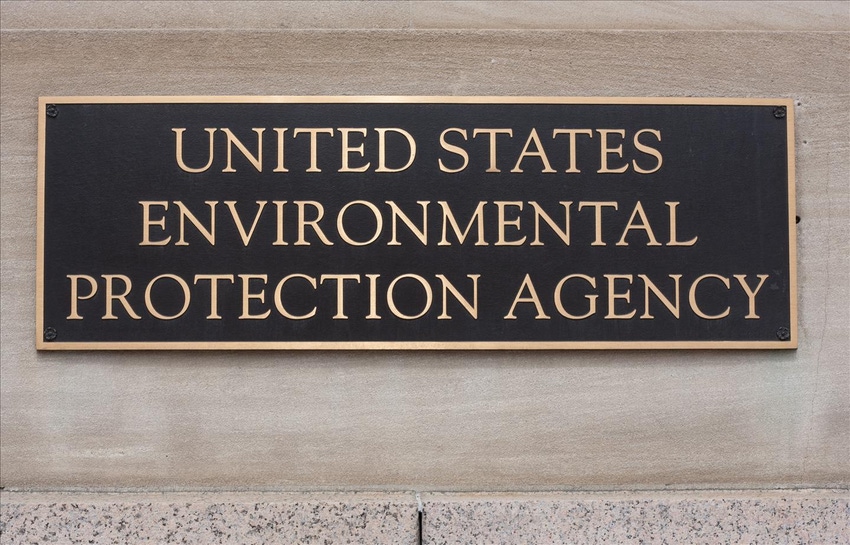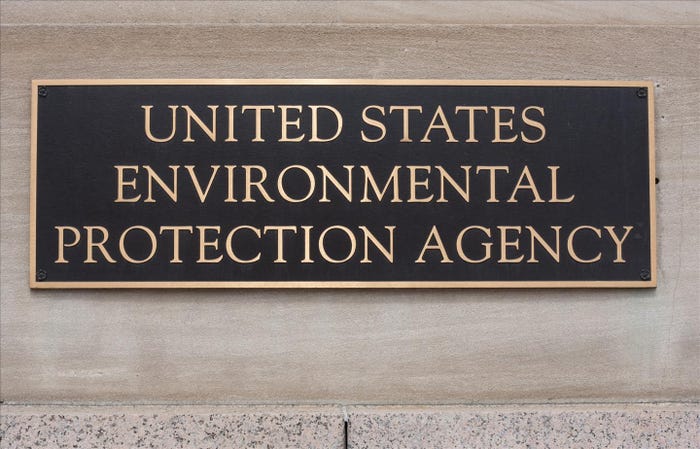Bill modifies on-farm fuel storage restrictions
Water infrastructure bill includes exemption for agriculture on the SPPC rule.

The U.S. Senate has passed final legislation for water and infrastructure funding with its passage of the Water Infrastructure Improvements for the Nation (WIIN) Act. It includes a bipartisan provision, negotiated by U.S. Senator Deb Fischer (R., Neb.), which would modify exemptions for costly EPA regulations that could negatively affect agriculture producers with on-farm fuel storage. The bill now heads to the president’s desk.

Congress provides necessary relief from EPA's Spill Prevention, Control and Countermeasure (SPCC) Rule for farms. Source: Thinkstock
The WIIN Act included language Fischer crafted with her colleagues on the Senate Environment and Public Works Committee that provides agriculture producers with a limited exemption from the EPA’s Spill, Prevention, Control and Countermeasure (SPCC) rule. These EPA regulations, which were originally designed for major oil refineries, would have required farmers and ranchers who have on-farm fuel storage to make costly structural upgrades to their fuel tanks.
The WIIN Act rolls back these regulations by:
Fully exempting animal feed storage tanks from the SPCC rule, both in terms of aggregate storage and single-tank storage.
Providing greater flexibility by exempting up to 2,500 gallons of capacity on remote or separate parcels of land (as long as these tanks are not larger than 1,000 gallons each).
A statement by Scott Yager, National Cattlemen’s Beef Assn.’s environmental counsel, applauded Fischer and Rep. Rick Crawford (R., Ark.) for their leadership on getting regulatory relief on the SPPC provisions.
“The SPCC regulations were originally designed for major oil refineries but were expanded to include agricultural producers by regulating on-farm oil storage. The provision included in the WIIN Act provides additional flexibility for storing oil containers on individual parcels of land and a complete exemption for animal feed additives, including tallow and grease. These commonsense exemptions will protect many cattle producers from the undue burden and cost of developing, and complying with, an SPCC plan,” Yager said.
About the Author(s)
You May Also Like




.png?width=300&auto=webp&quality=80&disable=upscale)
